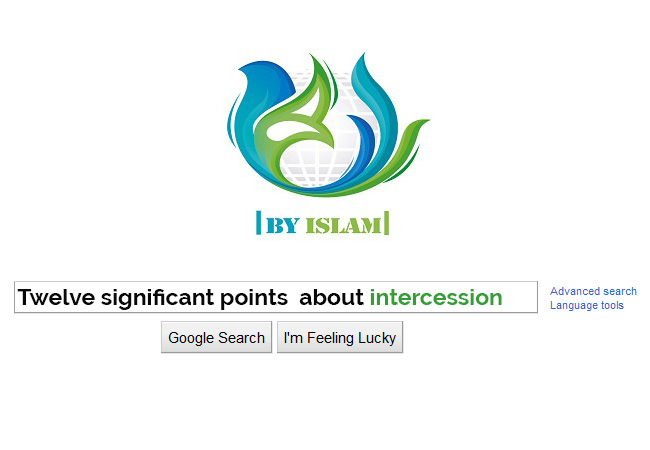Twelve significant points that you should know about intercession/12
 Resembling Polytheists
Resembling Polytheists
In the glorious Qur’an, God considers the polytheists of the time of the Prophet (s) polytheist because they ask Shafa’a from other than God, “They worship besides Allah that which neither causes them any harm, nor brings them any benefit, and they say, ‘These are our intercessors with Allah.'” (10:18)
Answer: There is no doubt that polytheists of the time of the Prophet (s) considered the rights to make Shafa’a for their idols and gods, but this verse implies that they worshiped idols and also considered the rights to make Shafa’a for them and thus believing in their Shafa’a together with worshiping them led to their criticism.
Polytheists considered unconditional rights to make Shafa’a for their idols which God never had given them such position. Also, they believed in their divinity and worshiped them; while if one believes in someone’s rights to make Shafa’a God has given him and that using such rights is by the permission of God, then there would be no problem. On the other hand, no Muslim considers the position of divinity for intercessors to worship them so that his act resembles the acts of the polytheists.
It is obvious that only showing respect and kissing Zarih in holy shrines without believing in divinity would not be considered as worship; for if it was considered so, then respecting and kissing the hands of parents would also be considered as worshiping them.
Another point is that idols made of stone and wood had no permission for making any harm or benefit and it was only the claim of idol-worshipers who believed in the effects of those stone and wood and their beliefs are different from the effects believed to exist in the Shafa’a of the intercessors by the permission of God.[Qur’an 10:18]
In this verse, God addresses the idol-worshipers that, “you believe in positions for idols I have not given to them. Do you want to give news to God about what (idols’ effects) He does not have news about?” and this is different with asking the friends of God for Shafa’a.
This verse has not mentioned anything about asking for Shafa’a; rather it addresses believing in the Shafa’a of idols, “they say, ‘These are our intercessors with Allah.'” (10:18) and it has not said, “they say, make intercession for us before Allah.'”
Therefore, if Wahhabi’s reasoning is right, then believing in Shafa’a would be totally polytheistic and this includes Wahhabis as well, because they believe in Shafa’a in general.
